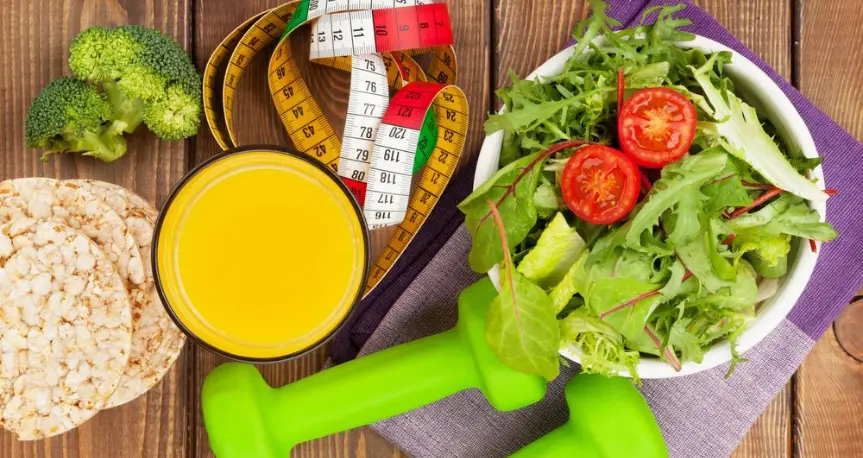
In the pursuit of fitness goals, many individuals overlook the crucial role that nutrition plays in optimizing gym performance. While trendy diets may promise quick results, they often fail to provide sustainable solutions for long-term success. Instead, adopting a balanced diet can fuel your workouts, enhance recovery, and support overall health without the need for restrictive eating patterns. In this comprehensive guide, we'll delve into the importance of nutrition for gym-goers and provide practical tips for achieving your fitness goals through a balanced diet.
Understanding the Role of Nutrition in Gym Performance
Before diving into dietary strategies, it's essential to grasp why nutrition matters in the context of gym performance. Your body requires adequate nutrients to fuel workouts, repair muscle tissue, and recover efficiently. Without proper nutrition, you may experience fatigue, decreased strength, and delayed recovery times, hindering your progress in the gym.
Key Components of a Balanced Diet for Gym-Goers
Protein: As the building block of muscle tissue, protein plays a critical role in muscle repair and growth. Aim to include lean sources of protein in your diet, such as chicken, fish, tofu, beans, and lentils. Consuming protein-rich foods before and after workouts can support muscle recovery and promote muscle protein synthesis.
Carbohydrates: Carbohydrates serve as the primary energy source for exercise, making them essential for fueling intense workouts. Opt for complex carbohydrates like whole grains, fruits, and vegetables, which provide sustained energy without causing rapid spikes and crashes in blood sugar levels.
Healthy Fats: Incorporating healthy fats into your diet can support overall health and provide a concentrated source of energy. Include sources of unsaturated fats such as avocados, nuts, seeds, and olive oil to promote cardiovascular health and improve nutrient absorption.
Hydration: Proper hydration is crucial for optimal gym performance and overall well-being. Drink an adequate amount of water throughout the day, especially before, during, and after exercise, to prevent dehydration and maintain electrolyte balance.
Practical Tips for Implementing a Balanced Diet
Plan Ahead: Take the time to plan your meals and snacks to ensure you're consuming a balanced combination of nutrients throughout the day. Packing nutritious snacks like Greek yogurt, nuts, and fruit can help you stay fueled and avoid reaching for unhealthy options when hunger strikes.
Focus on Whole Foods: Prioritize whole, minimally processed foods over highly refined options, as they tend to be higher in nutrients and provide sustained energy. Incorporate a variety of colorful fruits, vegetables, lean proteins, and whole grains into your meals to maximize nutritional benefits.
Listen to Your Body: Pay attention to hunger and fullness cues, and adjust your food intake accordingly. Eating intuitively allows you to honor your body's needs and maintain a healthy relationship with food, free from restrictive dieting practices.
Seek Professional Guidance: If you're unsure about how to optimize your diet for gym performance, consider consulting with a registered dietitian or nutritionist. They can provide personalized recommendations based on your individual goals, dietary preferences, and lifestyle factors.
Conclusion
In conclusion, achieving optimal gym performance doesn't require following fad diets or restrictive eating patterns. By prioritizing a balanced diet that includes adequate protein, carbohydrates, healthy fats, and hydration, you can fuel your workouts, support muscle growth and recovery, and improve overall health. Remember to focus on whole, nutrient-dense foods, listen to your body's cues, and seek professional guidance when needed. With the right approach to nutrition, you can maximize your gym performance and work towards achieving your fitness goals sustainably.







Leave a comment